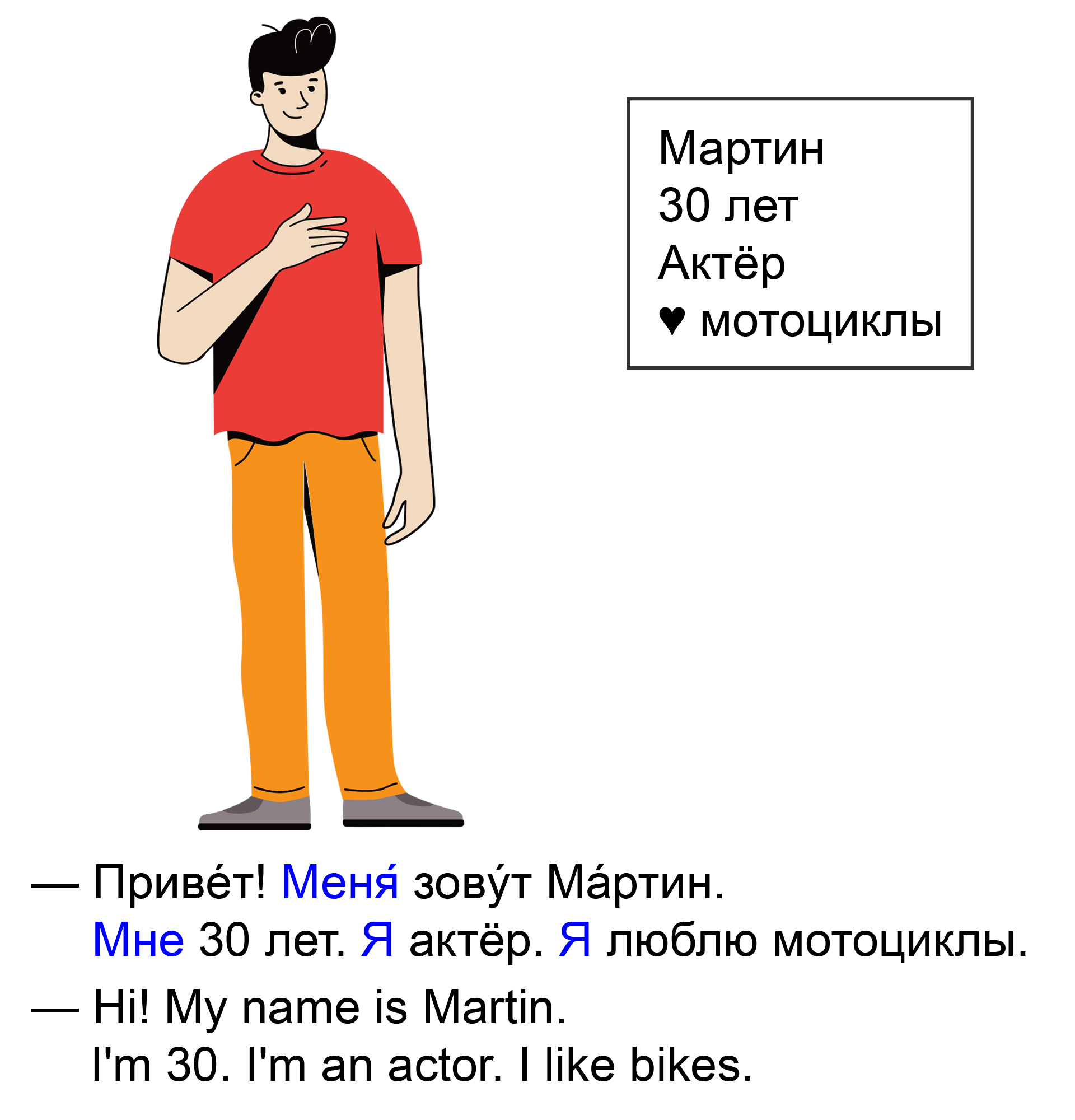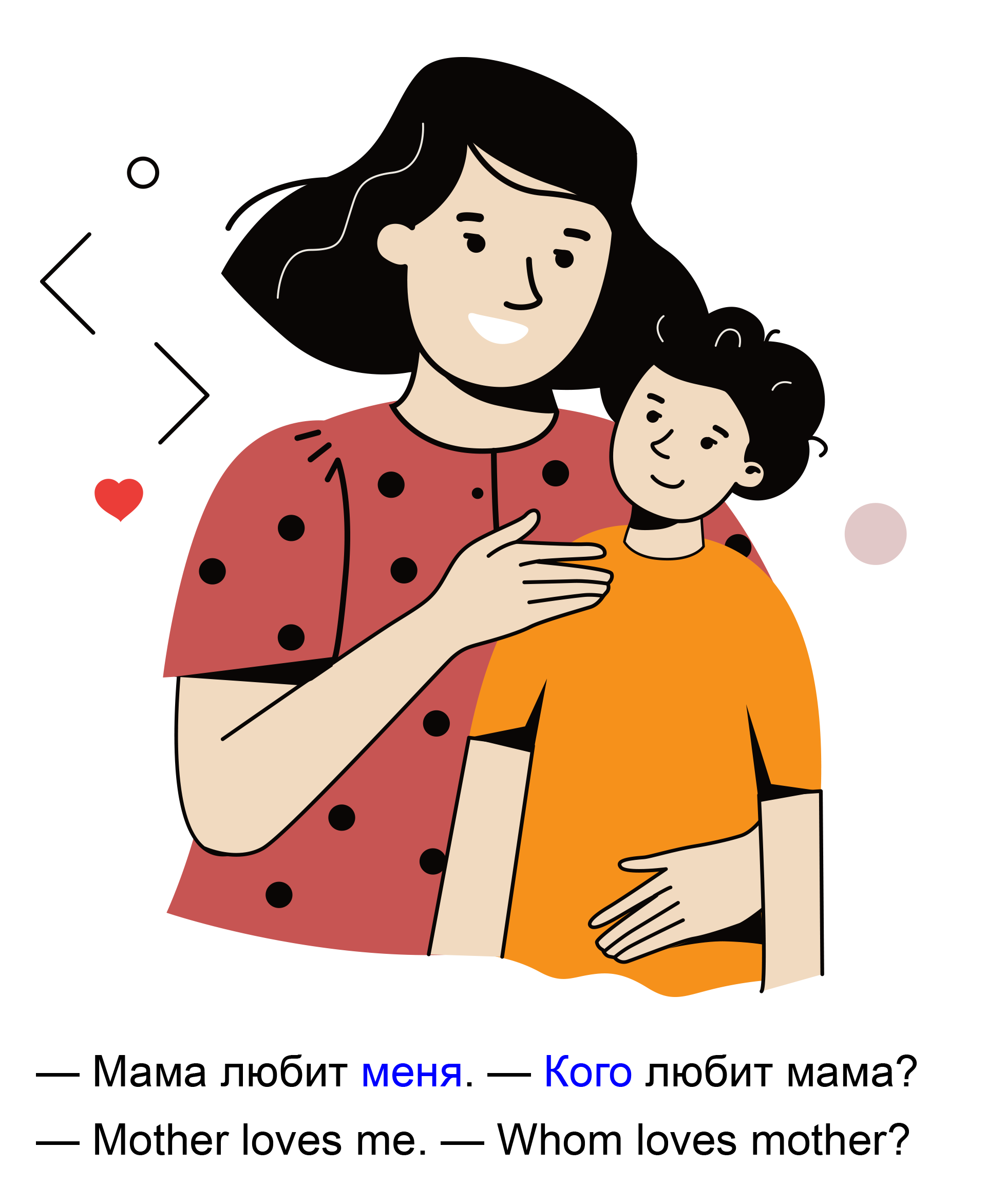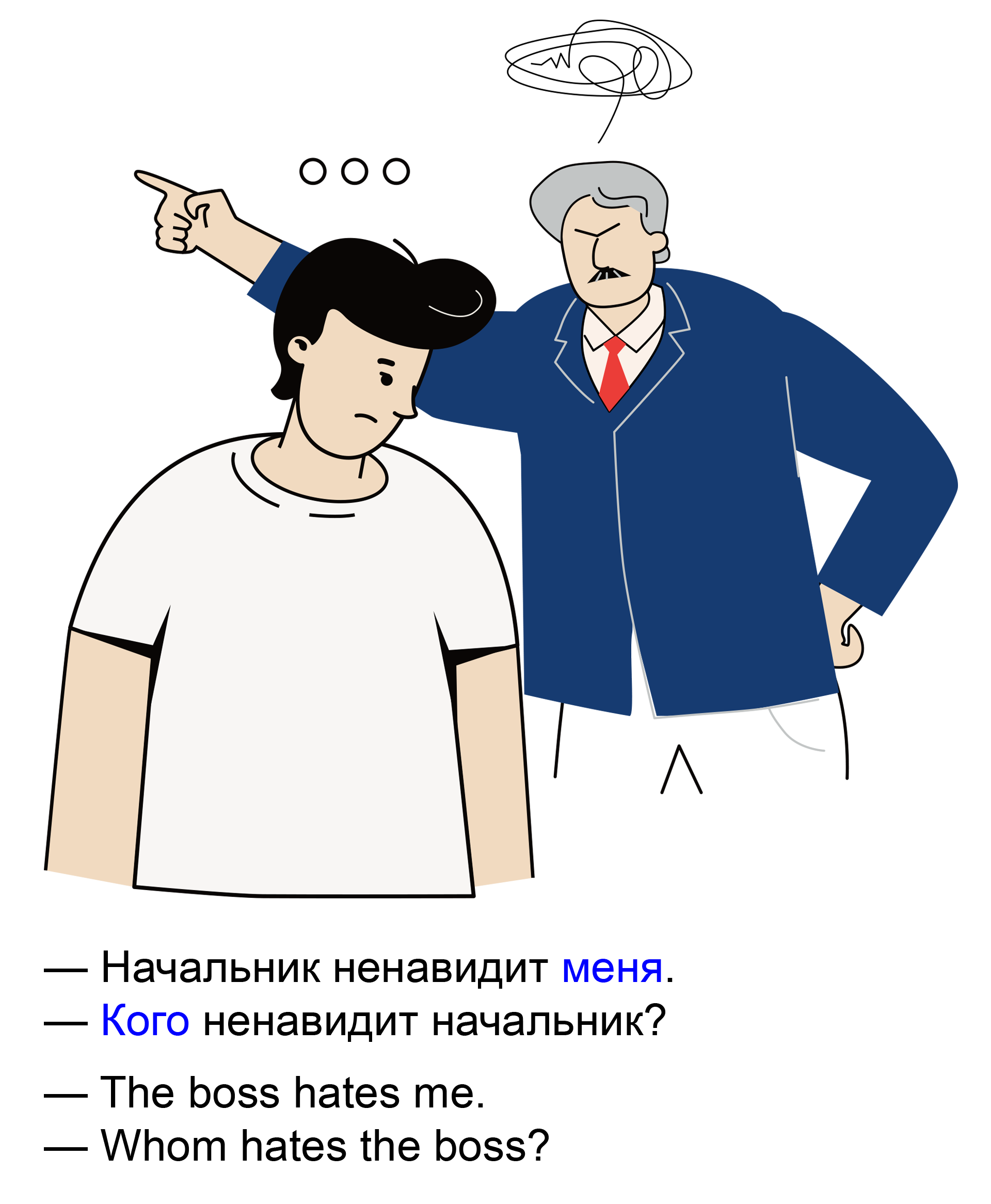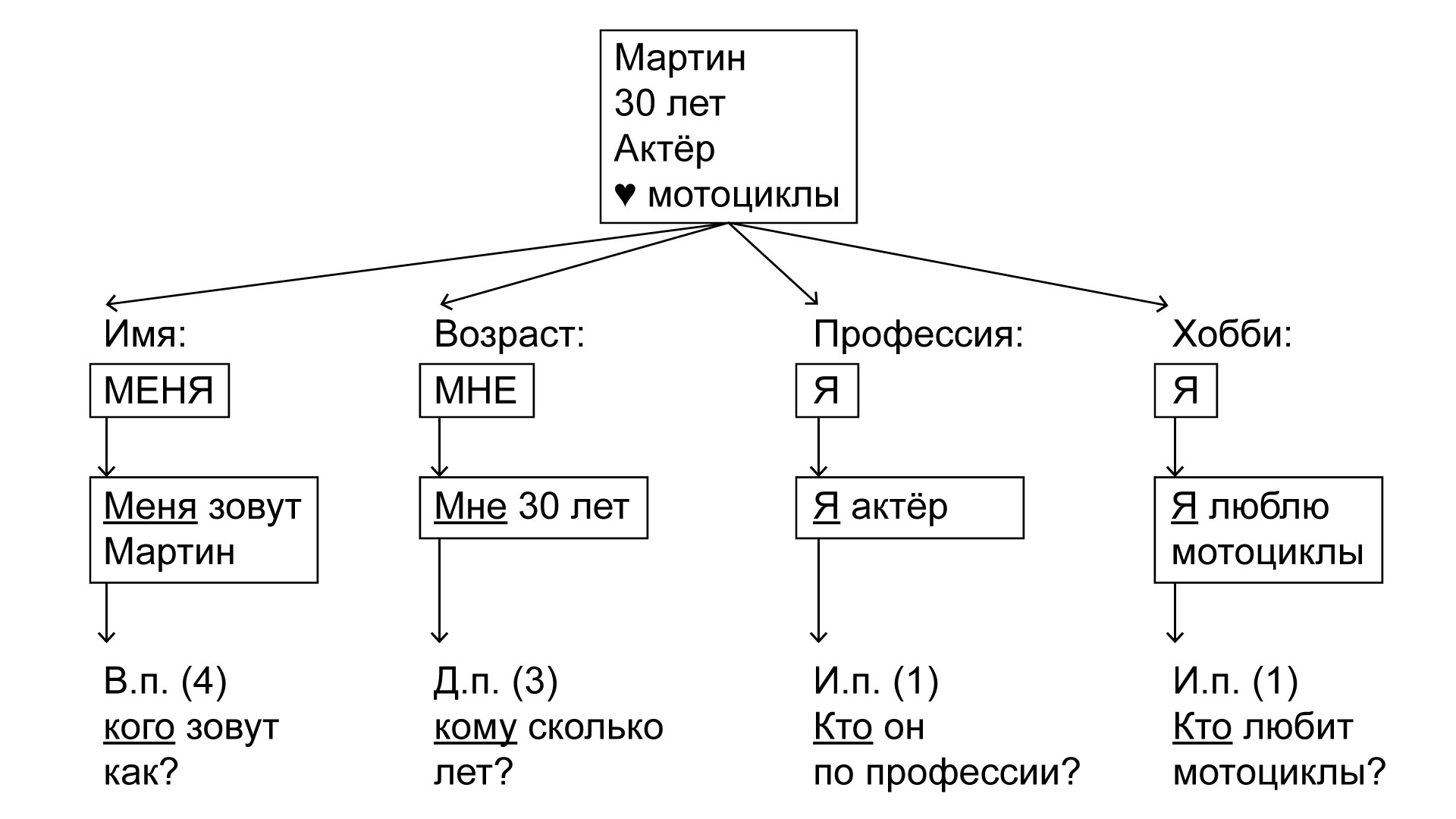What is the difference between ‘Я’, ‘МЕНЯ’ and ‘МНЕ’?


You will usually encounter ‘Я’, ‘МЕНЯ’ and ‘МНЕ’ in the first conversations you’ll ever have in Russian. МЕНЯ and МНЕ are case forms of the word Я:

The pronoun Я always takes the place of the subject – the one who carries out the action:
Я люблю́ мотоци́клы. – Кто лю́бит мотоци́клы? ( I like bikes. - Who likes bikes?)
Я люблю́ чита́ть кни́ги. – Кто лю́бит чита́ть кни́ги? (I like reading. - Who likes reading?)
The pronoun МЕНЯ is usually the object. This position indicates the person or thing which is acted upon by something or someone else.


The verb ЗОВУТ requires using the accusative case in the position of object, while the phrase “Меня зовут Мартин” can be translated literally as “They call me Martin”.
Меня зову́т Мартин – Кого зову́т Мартин?
The pronoun МНЕ usually indicates an addressee/recipient of an action:
Друг даёт мне сигаре́ту. – Кому друг даёт сигаре́ту? (A friend gives me a cigarette. - Whom gives a friend a cigarette?)
So, how come when we wish to say how old we are, we must use the pronoun МНЕ? The answer to this is very simple - it’s one of the perks of the language and you’d best make peace with it!

So, if you’re just starting out with Russian and wish to say a few things about yourself, memorize the following uses of the pronouns Я, МЕНЯ, МНЕ and you’ll be well on your way!

If using any of Russia Beyond's content, partly or in full, always provide an active hyperlink to the original material.
Subscribe
to our newsletter!
Get the week's best stories straight to your inbox